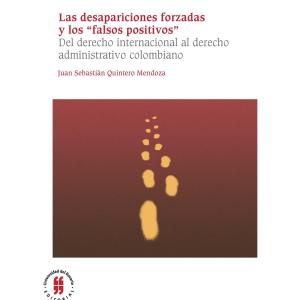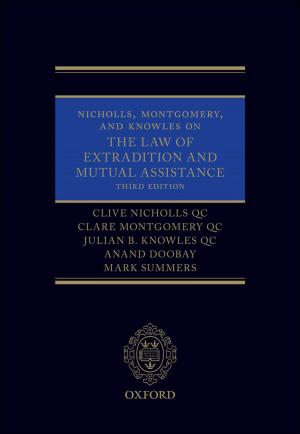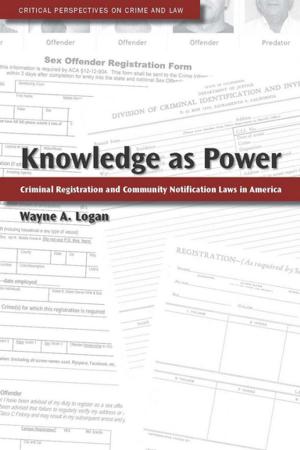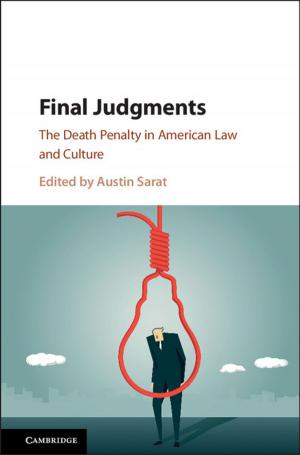If You're Afraid of Being Killed by a Terrorist...
Nonfiction, Reference & Language, Law, Criminal law| Author: | Mark Davidson, Stephanie Burgoyne | ISBN: | 9781311302397 |
| Publisher: | Mark Davidson | Publication: | October 5, 2015 |
| Imprint: | Smashwords Edition | Language: | English |
| Author: | Mark Davidson, Stephanie Burgoyne |
| ISBN: | 9781311302397 |
| Publisher: | Mark Davidson |
| Publication: | October 5, 2015 |
| Imprint: | Smashwords Edition |
| Language: | English |
Our chances of being killed by a terrorist are substantially slimmer than dying from other causes, like falling out of bed, tripping on a chair, ingesting gastric contents, and even air pollution. Yet terrorism disproportionately shapes our perception of the risks we face in our lives, and occupies a central position in our understanding of the relationship between the state and its citizens. This book seeks to inject a level of rationality into this highly ideological and emotional issue by showing us how ridiculous we have become, and how much we've been manipulated by strategic media coverage of world issues. The book begins and ends with satirical discussion of terrorism with a strong analytical base. It might be funny, but it makes some good points (in the opinions of the authors, anyway). We argue the familiar position that the seriousness of harmful behaviour is perceived by how it is presented to us, how it is 'constructed' in political terms. Acts perpetrated against other countries by us and our puppet governments all over the world are presented to us as being part of a larger fight for freedom, while identical acts perpetrated against us, for the same reasons, are constructed as terrorism. Similarly, fatal risks are presented to us, or not, in ways that advance certain political agendas. By showing how insignificant the threat of terrorism is, statistically, we are making the point that although we have to attend to what we perceive as 'terrorism' in ways that minimise that risk, it is important to situate that risk in the context of all other risks. Yearly in Canada 1000 people are killed at work, 45 people die from falling off ladders, and 21,000 die from diseases related to air pollution (and that number is expected to rise to 40,000 by 2030). Does it make sense to spend billions upon billions of dollars on military equipment when that money could save far more lives if invested in pollution reduction? Are we minimising or trivialising lives lost to so-called 'terrorism'? Well, put it this way: is someone's death any less valuable or meaningful if it's caused by pollution or a household accident and not by terrorism? We don't think so. In fact, we argue that by emphasising the deaths caused by 'terrorism' to the near complete neglect of other forms of death, we trivialise and minimise the lives lost due to the latter (or ladder). Would the death of Nathan Cirilo be any less tragic or meaningful to those who loved him if he was killed by a drunk driver? Hardly. Drunk drivers kill far more people than terrorists every year, but do we put as many resources into fighting it as we do into fighting 'terrorism'? Hardly. Are the victims of drunk drivers any less worthy of the victims of terrorism? Hardly. What distinguishes them is not the loss or pain that ensues but their usefulness in advancing a political agenda that would otherwise be rejected by most Canadians.
Our chances of being killed by a terrorist are substantially slimmer than dying from other causes, like falling out of bed, tripping on a chair, ingesting gastric contents, and even air pollution. Yet terrorism disproportionately shapes our perception of the risks we face in our lives, and occupies a central position in our understanding of the relationship between the state and its citizens. This book seeks to inject a level of rationality into this highly ideological and emotional issue by showing us how ridiculous we have become, and how much we've been manipulated by strategic media coverage of world issues. The book begins and ends with satirical discussion of terrorism with a strong analytical base. It might be funny, but it makes some good points (in the opinions of the authors, anyway). We argue the familiar position that the seriousness of harmful behaviour is perceived by how it is presented to us, how it is 'constructed' in political terms. Acts perpetrated against other countries by us and our puppet governments all over the world are presented to us as being part of a larger fight for freedom, while identical acts perpetrated against us, for the same reasons, are constructed as terrorism. Similarly, fatal risks are presented to us, or not, in ways that advance certain political agendas. By showing how insignificant the threat of terrorism is, statistically, we are making the point that although we have to attend to what we perceive as 'terrorism' in ways that minimise that risk, it is important to situate that risk in the context of all other risks. Yearly in Canada 1000 people are killed at work, 45 people die from falling off ladders, and 21,000 die from diseases related to air pollution (and that number is expected to rise to 40,000 by 2030). Does it make sense to spend billions upon billions of dollars on military equipment when that money could save far more lives if invested in pollution reduction? Are we minimising or trivialising lives lost to so-called 'terrorism'? Well, put it this way: is someone's death any less valuable or meaningful if it's caused by pollution or a household accident and not by terrorism? We don't think so. In fact, we argue that by emphasising the deaths caused by 'terrorism' to the near complete neglect of other forms of death, we trivialise and minimise the lives lost due to the latter (or ladder). Would the death of Nathan Cirilo be any less tragic or meaningful to those who loved him if he was killed by a drunk driver? Hardly. Drunk drivers kill far more people than terrorists every year, but do we put as many resources into fighting it as we do into fighting 'terrorism'? Hardly. Are the victims of drunk drivers any less worthy of the victims of terrorism? Hardly. What distinguishes them is not the loss or pain that ensues but their usefulness in advancing a political agenda that would otherwise be rejected by most Canadians.















